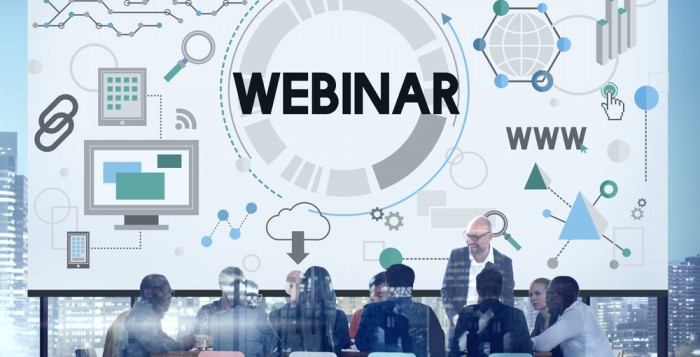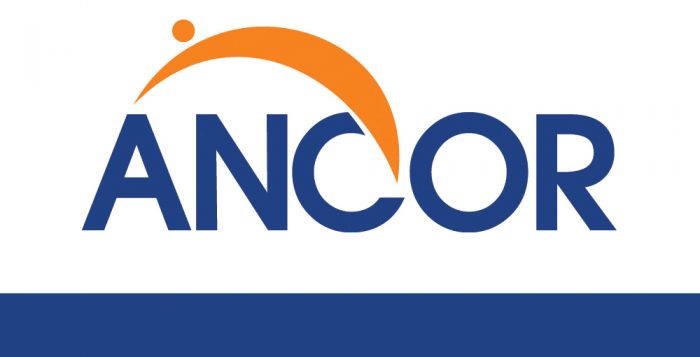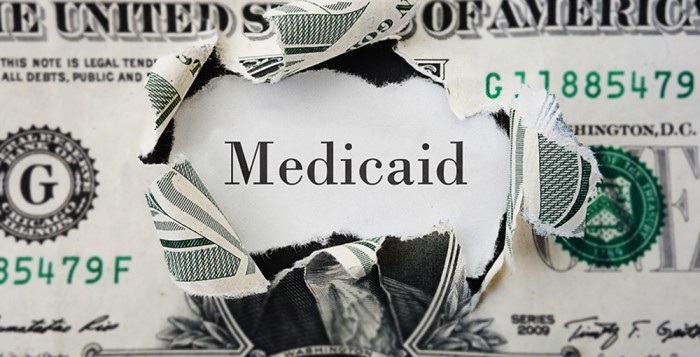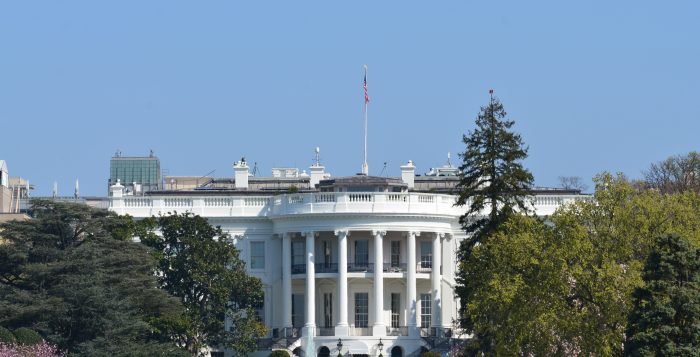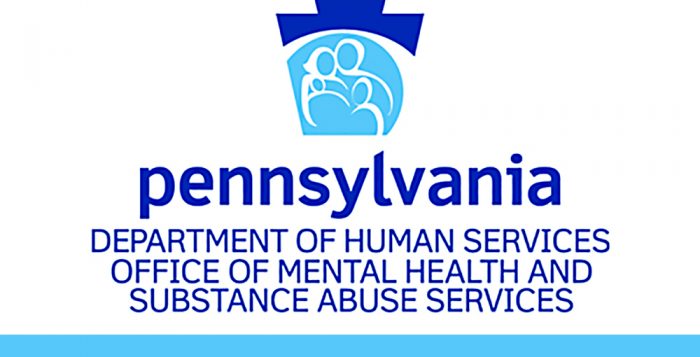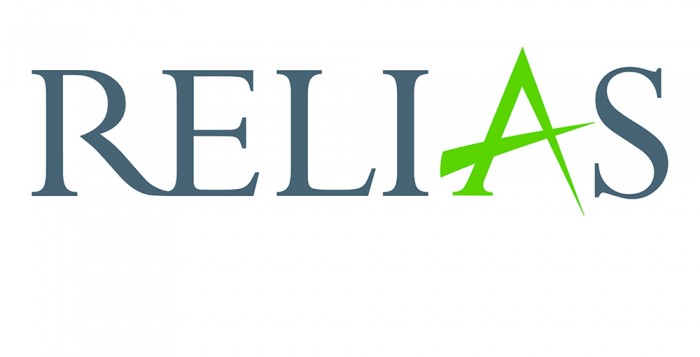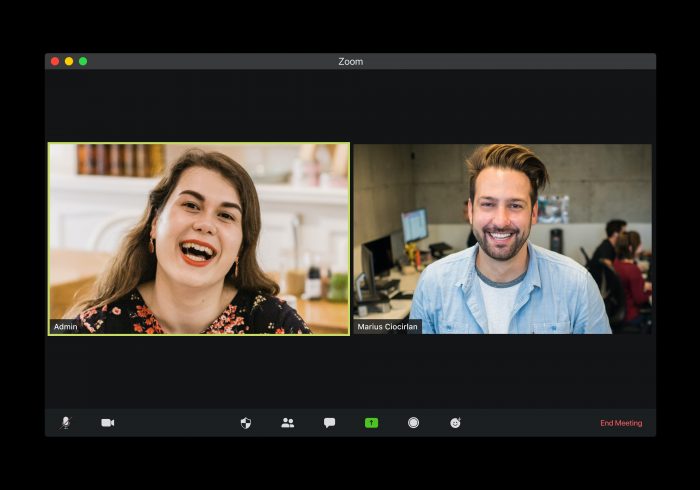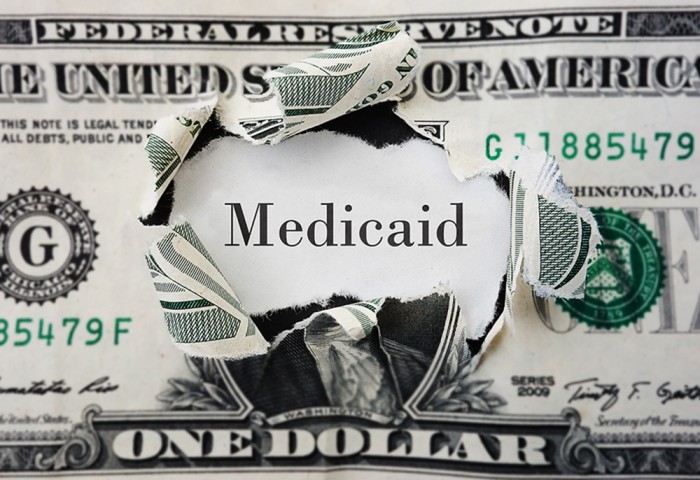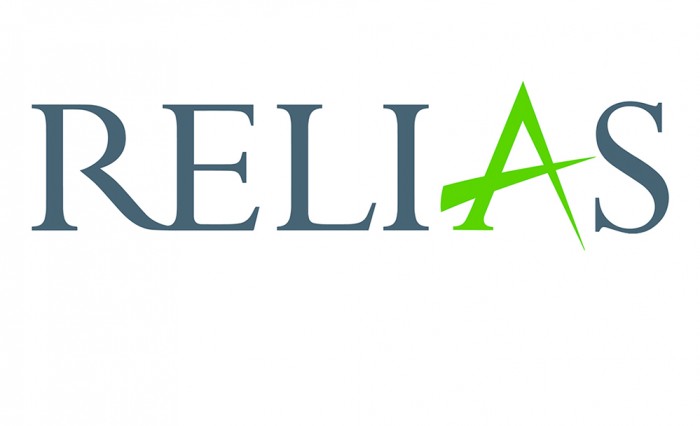IPRC Webinar “Treating Post-COVID-19 Conditions in Children” to Be Held May 30
Thursday, May 30, 2024
12:00 pm – 1:00 pm EDT; 11:00 am – 12:00 pm CDT;
10:00 am – 11:00 am MDT; 9:00 am – 10:00 am PDT
Register
Laura Malone, MD, PhD
Dr. Laura Malone is the director of the Pediatric Post-COVID-19 Rehabilitation Clinic at Kennedy Krieger Institute. She is also a physician scientist in Kennedy Krieger’s Center for Movement Studies and an assistant professor of Neurology and Physical Medicine and Rehabilitation at the Johns Hopkins University School of Medicine.
Dr. Malone has a PhD in Biomedical Engineering from Johns Hopkins University and her medical degree from the University of North Carolina. She completed her pediatric neurology residency at Johns Hopkins School of Medicine. Dr. Malone’s clinical practice focuses on the neurological care of children with perinatal stroke, other brain injuries, and long COVID. Her research focuses on understanding complex pediatric disorders and on improving outcomes using mechanistic neurorehabilitation approaches. Regarding COVID-19, Dr. Malone investigates clinical phenotypes of children with persistent symptoms after COVID-19 infection and investigates factors and mechanisms that promote good recovery.
Objectives: At the end of this session, the learner will:
- Discuss how our understanding of long COVID has evolved over time;
- Describe guidance regarding assessment and treatment options for children with long COVID; and
- Identify recovery patterns and factors that influence severity and recovery of children with long COVID.
Audience: This webinar is intended for all interested members of the rehabilitation team.
Level: Intermediate
Certificate of Attendance: Certificates of attendance are available for all attendees. No CEs are provided for this course.
Complimentary webinars are a benefit of membership in IPRC/RCPA. Registration fee for non-members is $179. Not a member yet? Consider joining today.
ANCOR Shares Analysis of DOL’s Final Overtime Rule
Dual Diagnosis Professional Conference to Present “The Importance of Place in Trauma-Informed Care: A Wellness Approach”
The Importance of Place in Trauma-Informed Care: A Wellness Approach
May 15, 2024
10:00 am – 1:00 pm
Registration now open
The Department of Human Services (DHS) Office of Developmental Programs (ODP) and the Office of Mental Health and Substance Abuse Services (OMHSAS) have announced the Dual Diagnosis Professional Conference Series, which offers presentations focused on supporting individuals with intellectual disabilities and autism (ID/A) and mental health needs. The next presentation will focus on the connection between trauma-informed care and positive support, framed in a wellness perspective. Critical to this effort was the creation of a safe place, the wellness center, specifically selected and modified to reduce the possible re-traumatization of individuals with ID/A or a dual diagnosis.
See the announcement for a full session description, presenter biographies, and information on how to register.
Relias Shares Keys to Implementing a TIC Framework
Statewide Briefing on Medicaid Unwinding & Expanded Enrollment Options Planned for April 25
On April 25, 2024, at 12:00 pm, a virtual statewide briefing will be conducted on Medicaid unwinding and expanded enrollment options. This event will feature Health and Human Services (HHS) Regional Director Melissa Herd, Pennsylvania Department of Human Services Secretary Val Arkoosh, and Pennie Executive Director Devon Trolley.
The agenda will include a briefing on what’s happening at the federal level when it comes to Medicaid, an update on the Medicaid “unwinding” process currently wrapping up in Pennsylvania, and the expanded eligibility requirements for enrolling in Pennie coverage even when it’s not open enrollment.
To register, please visit here.
White House Announces Release of Access Final Rule
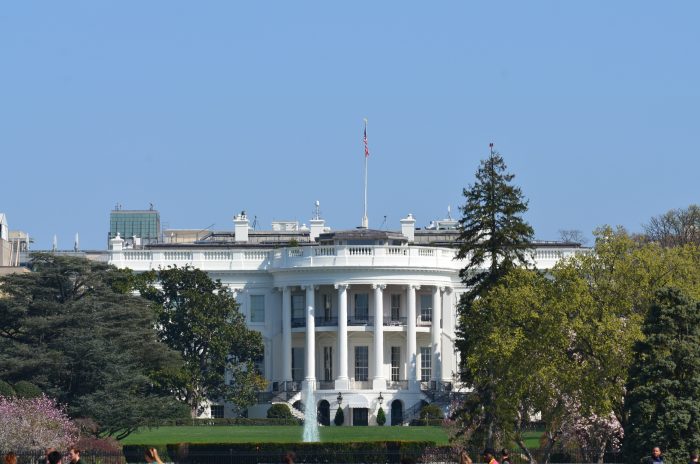
The While House issued a press release announcing that the Access Final Rule will be released later today. These regulations include:
- The Nursing Home Minimum Staffing Rule, which will require all nursing homes that receive federal funding through Medicare and Medicaid to have 3.48 hours per resident per day of total staffing, including a defined number from both registered nurses (0.55 hours per resident per day) and nurse aides (2.45 per resident per day);
- Introducing the requirements of the rule in phases to make sure nursing homes have the time they need to hire staff, with longer timeframes for rural communities;
- Ensuring adequate compensation for home care workers for HCBS operations of in-home care (both Personal Assistance Services and Community Habilitation) by “requiring that at least 80 percent of Medicaid payments for home care services go to workers’ wages. This policy would also allow states to take into account the unique experiences that small home care providers and providers in rural areas face while ensuring their employees receive their fair share of Medicaid payments and continued training as well as the delivery of quality care;”
- The state requirement to be more transparent in how much they pay for home care services and how they set those rates, increasing the accountability for home care providers; and
- The creation of a state home care rate-setting advisory group made up of beneficiaries, home care workers, and other key stakeholders to advise and consult on provider payment rates and direct compensation for direct care workers.
We will continue to monitor the details of these regulations and Pennsylvania’s plans to comply. If you have any questions, please contact Fady Sahhar.
Reminder: IPRC to Host April Webinar Series on Evidence-Based Practices

Part 1: Navigating Evidence: Finding and Synthesizing Literature for Evidence-Based Practices
Tuesday, April 23, 2024
2:00 pm – 3:00 pm EDT; 1:00 pm – 2:00 pm CDT;
12:00 pm – 1:00 MDT; 11:00 am – 12:00 pm PDT
Register Here
Part 2: Making Evidence-Based Practices Work: Strategies and Outcomes
Tuesday, April 30, 2024
2:00 pm – 3:00 pm EDT; 1:00 pm – 2:00 pm CDT;
12:00 pm – 1:00 MDT; 11:00 am – 12:00 pm PDT
Register Here
Michael Peterson, MA, CCC-SLP
Speech-Language Pathologist and Clinical Transformation Specialist
Speaker Bio:
Michael works as a Clinical Transformation Specialist, where he focuses his efforts as part of a Clinical Transformation team to promote a culture of evidence-based practice at Gillette Children’s Specialty Healthcare in St. Paul, Minnesota. Michael is also a speech-language pathologist with 12 years of clinical experience working with children and adults with childhood-onset conditions. He applies his clinical experience and advanced training in knowledge translation and implementation science to partner with and guide clinical staff to bridge the gap between evidence and clinical practice.
Objectives: At the end of these sessions, the learner will:
Part 1: Navigating Evidence: Finding and Synthesizing Literature for Evidence-Based Practices
- Describe how to search for literature using PICOT questions
- Identify resources to support appraisal of relevant papers
- State the purpose of synthesis tables in supporting evidence-based practice decisions
- Describe how to use synthesis tables to make evidence-based practice recommendations
Part 2: Making Evidence-Based Practices Work: Strategies and Outcomes
- Describe how frameworks guide implementation of EBP
- State how barriers and facilitators influence implementation of EBP
- Describe implementation strategies
- List different kinds of outcomes to monitor implementation of EBP
Audience: This webinar is intended for all interested members of the rehabilitation team.
Level: Intermediate
Certificate of Attendance: Certificates of attendance are available for all attendees. No CEs are provided for this course.
OMHSAS Issues Policy Clarification on Encounter Signatures for Emergency Crisis Services
The Office of Mental Health and Substance Abuse Services (OMHSAS) has issued clarification on policy regarding encounter signatures for crisis services. The updated policy outlines that OMHSAS considers mobile mental health crisis services to be emergency services. While every effort should be made to obtain a signature from the beneficiary or a parent, legal guardian, relative, or friend, when such a signature cannot be obtained due to the nature of the situation, crisis intervention service providers are permitted to insert “Signature Exception” on the signature line of the encounter form.
RCPA has inquired if the encounter verification under these circumstances can be considered for similar applications to other programs under other OMHSAS licensed services. If you have any questions, please contact RCPA COO and Policy Director Jim Sharp.










